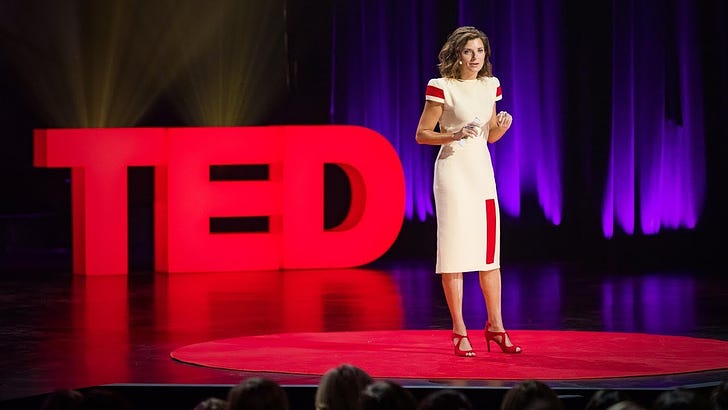Practice is the Best Solution
Learning English and protecting the environment share common goals: first, learning different ways of communicating; second, building a more sustainable society.
Different words and sounds for different languages. Lots to learn. Lots of choices.
I am fascinated by the range of interpretations that people can have of reality. Culture really does influence many aspects of our lives. We can integrate some things, but others (such as correct vowel pronunciations) can be quite challenging because of the way we unconsciously form sounds.
Drilling is a boring but effective exercise that allows us to learn new sounds, movements, and patterns. As you watch the end of the second video (the DRESS and TRAP vowels), pick a few pairs of words to practice with. You’ll see that learning to hear these sounds will allow you to say them correctly after a bit of practice.
Understanding other people is key to getting along, seeing value in their cultures, and succeeding in making contact. Environmental issues take the same type of approach.
1. Raise your north hand
In this TED talk, cognitive scientist Lera Boroditsky talks about how language impacts how we think through the different concepts of numbers, directions, and the gender of words. Some languages don’t have words for some concepts and others turn concepts around.
One example in the Italian language is the expression “mi piace”, which we often translate as “I like”. However, it would be better translated as “(that) pleases me” since “piace” is a third-person verb instead of a first-person verb.
How about “how old are you”? Italians will instead ask people how many years they have.
What other differences can you think of?
2. First listen, then repeat
These two sounds are difficult to distinguish at first, so be patient. However, I encourage you to persevere. If you switch a short e (DRESS) with a short a (TRAP) - for example, bed and bad - the meanings of the two words can be vastly different and so it is just as important to use them correctly as it is to pronounce them properly.
To drill with minimal pairs (these pairs of words with minimal differences), you can pick audio tracks from this website, English Club. You’ll find lots of other interesting information besides!
Can you hear the difference between DRESS and TRAP? Which sounds do you have trouble pronouncing or understanding?
3. New, different, effective, and convenient.
These four words are often used to describe inventions, hacks, and methods. This video features written words on a musical background so this exercise is very different from the others. Pick an invention (or two) and talk about it with someone. Is there something you could do today?
4. Can we “green” the desert?
Sometimes words change their meanings. In this video, they use “green” as a verb: a synonym for the phrase “make something green”. Turning a noun into a verb, or verbification, is a rather common event in the English language because it appears to streamline communication.
For example, we bookmark websites ( a bookmark used to be a piece of paper or other material that was placed between the pages of a physical book). Other “new” verbs include transition, impact, action, task, google, text, and science. Some of these expressions will last for a few years but some are centuries old, with Shakespeare being quite the “verber” in his day.
So can we green the desert if we action a few things?
If you have a video you want to discuss, please let me know. I’ll also be glad to answer questions about English grammar, usage, and vocabulary.
But I’m not an environmental expert. Maybe you’ll be able to answer MY questions.
Talk to you soon,
Marsha



